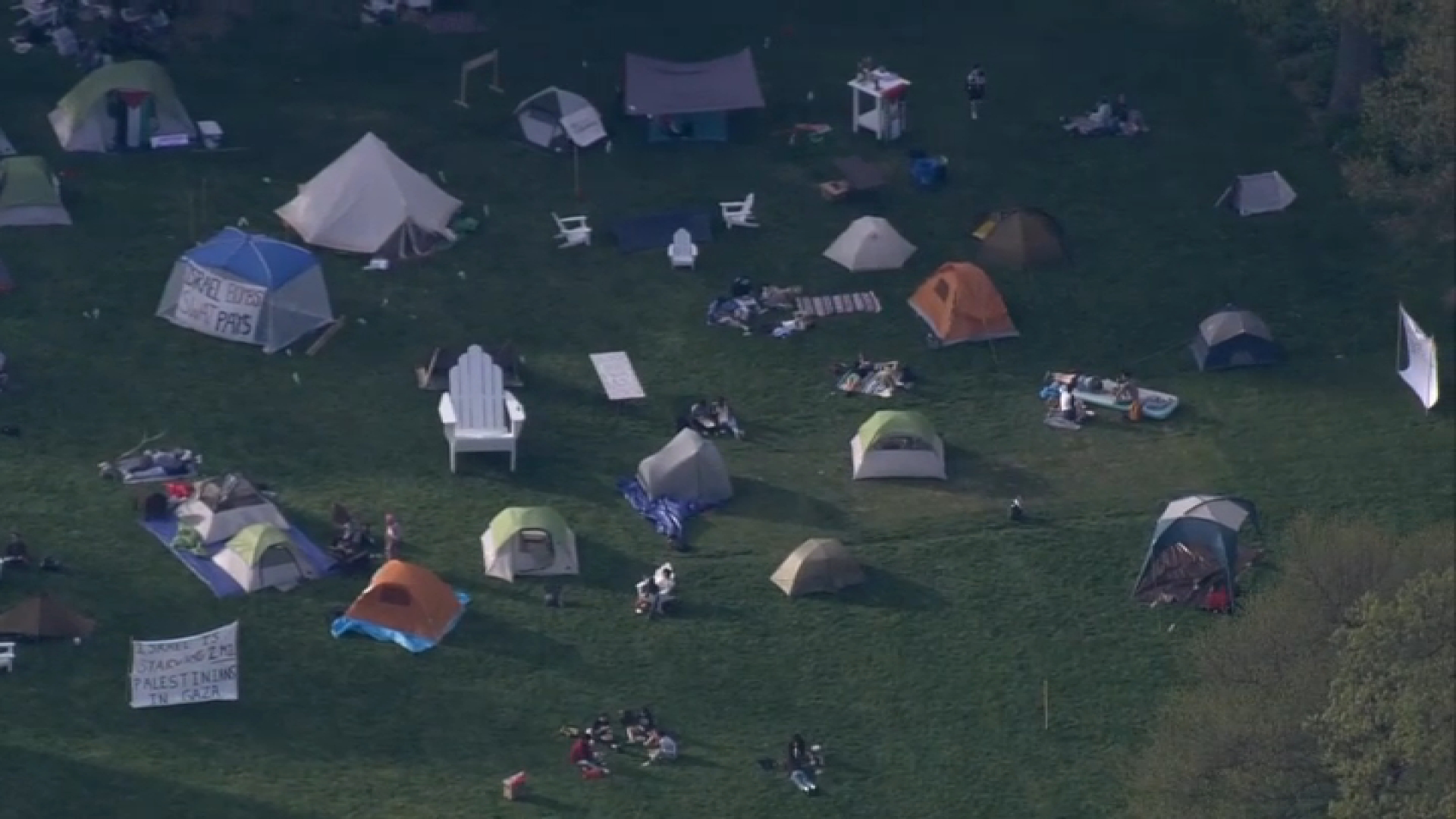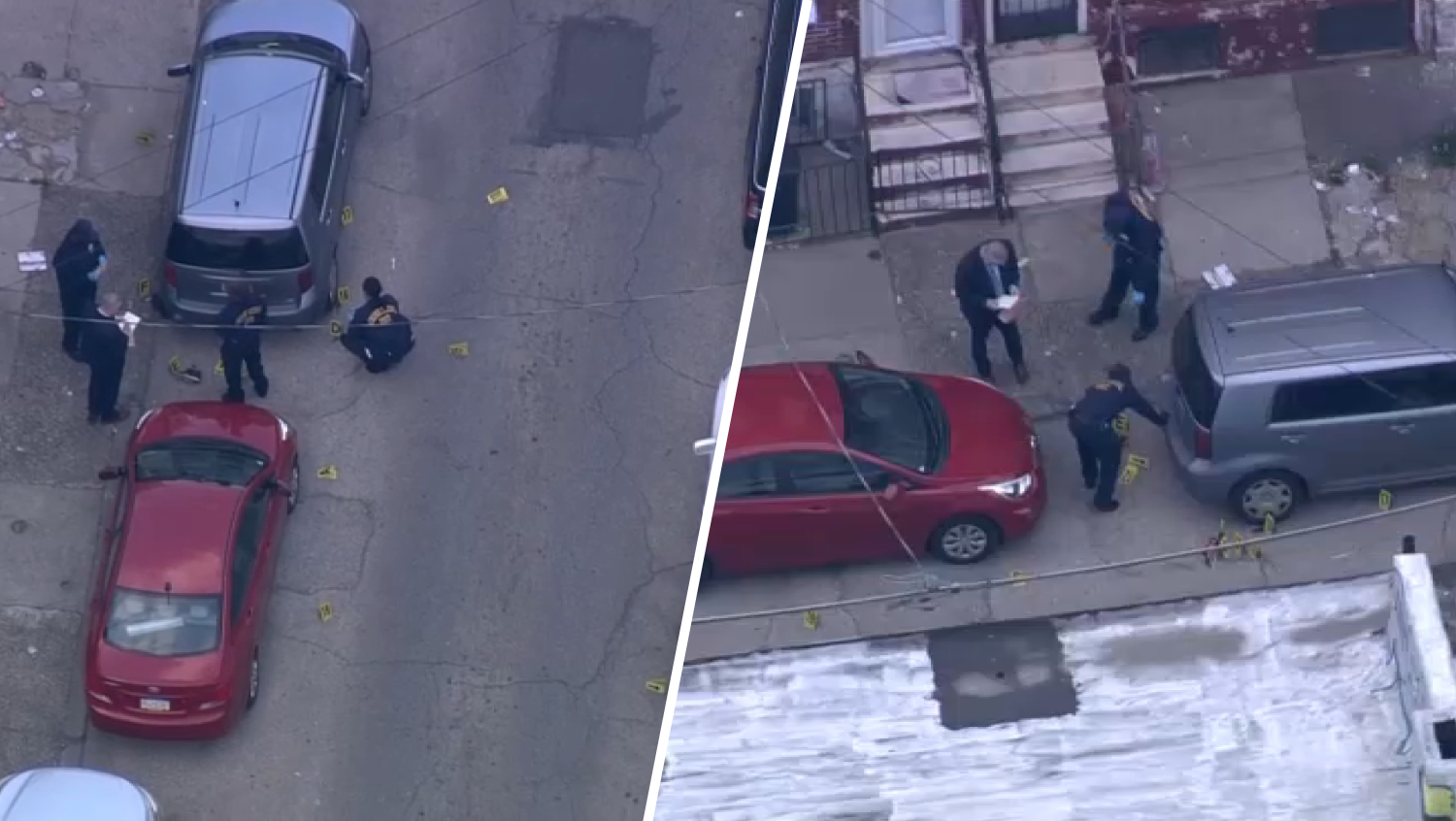Having spent eight years as mayor preceded by 14 years as a member of City Council, Michael Nutter understands what it takes to get elected in Philadelphia. He also understands the various constituencies seeking to have their voices heard at City Hall.
In a wide-ranging discussion with the Philadelphia Business Journal, the former mayor reflects on how Philadelphia has changed since he left office in 2015, what business leaders need to do to have more influence in city government, why public safety has become such an enormous issue, and what he thinks of the new strategy being implemented by the Chamber of Commerce of Greater Philadelphia in the 2023 election cycle.
Responses have been edited for length and clarity.
What does the business community need to do to have more of a voice in city politics?
Get Philly local news, weather forecasts, sports and entertainment stories to your inbox. Sign up for NBC Philadelphia newsletters.
What does the business community want? There are some fundamentals: lower, stable taxes; a city that’s actively engaged in the country and the world; public safety; a high quality education system; and students who are ready for the world of work … that pipeline.
In some instances, many in the business community may feel that we’re experiencing death by a thousand cuts. It feels like every other week it’s something new coming out of City Council that impacts the business community in a potentially negative way. That doesn’t mean the ideas aren’t good. But as a civilian now, I am left with the impression that business leaders weren’t really involved in whatever happened. It’s just like things happen to them, as opposed to for them.
The two times I ran for mayor, I wanted to have active engagement with the business community. Even during my days on Council with the whole briefcase brigade. Because I recognized that having a vibrant economic environment — which is not just downtown – is obviously an engine. The commercial corridors and neighborhoods. Places where people go to shop and meet their neighbors. West Philly, North Philly, South Philly, the River Wards, Northeast, Northwest — those businesses are important too because they provide stability and economic vitality to neighborhoods. We have to have economic opportunity across the city.
Local
Breaking news and the stories that matter to your neighborhood.
How hard is it for the Chamber to speak with one voice?
The challenge for the Chamber is the breadth and depth of membership. What might be good for a large business might not be good or impactful for a small business. But going back to what we saw last spring, the Greater Philadelphia Chamber, African-American Chamber, Hispanic Chamber, Asian-American Chamber and others all came together on the business tax issue. And that’s why that legislation got passed. Because those smaller chambers were able to talk to councilmembers in a way that was different than what the Greater Philadelphia Chamber ever talked to them. In this town, big business is seen as largely white. And all the other chambers are seen as representing smaller businesses. So if you can show that smaller businesses will benefit from a policy and not just big business, that is impactful.
What do you think of the Chamber’s Inclusive Growth Coalition initiative?
That’s great. Give me two slices of apple pie and a side of that. Wonderful. I’m for that but do you know how the Center City District was created? Ron Rubin, rest his soul, and a couple other business people were frustrated about cleanliness, crime and homelessness and a bunch of other things inside the city where they had real estate interests. And they put the first people on the street to literally sweep the streets. The city’s responsible for the roadway curb to curb. But the city is not actually responsible for the sidewalks. That’s on individual business.
They then taxed themselves in order to hire people to make sure the sidewalk areas and other areas were being kept clean. That was the genesis of what we now know as the Center City District. The government didn’t create it; the business people created it on their own and taxed themselves beyond the taxes they were already paying.
I use that as just as an example of initiative. You're left sometimes with everybody sitting around waiting for somebody to do something. No, you're somebody. You have a company. You pay taxes to the city. Organize yourselves: 'Here’s our agenda. This is what we are going to do, city. This is what we need you to do.' Everyone has a role to play. It's always better when the CEO for the town is involved, but one way or the other business leaders have to organize themselves and move an agenda forward.
Read more of the former mayors interview at PBJ.com
Get all of your business news at the Philadelphia Business Journal.



